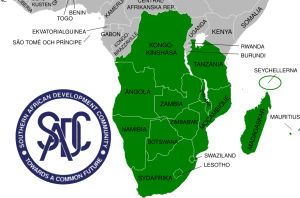In a virtual meeting to define modalities through which to tackle the disease, guided by the advice of experts who discussed the necessary measures last Saturday, António hoped that the debate would lead to concrete actions.
In this regard, he mentioned that these deliberations should help the heads of State in making political decisions that will allow sustainable progress, towards the eradication of cholera by 2030.
He said that the spread of the disease throughout the region since the arrival of the rainy season represents an obstacle to integration and development, as the affected countries had to reallocate financial and human resources to the health sector, leaving other relevant areas deprived of resources.
“SADC was envisioned by its founders as a community interconnected by the free movement of people, goods and services, as part of a broader regional program of economic integration,” the minister noted, adding that progress along that route is being undermined by the spread of cholera.
jrr/arm/mem/kmg










